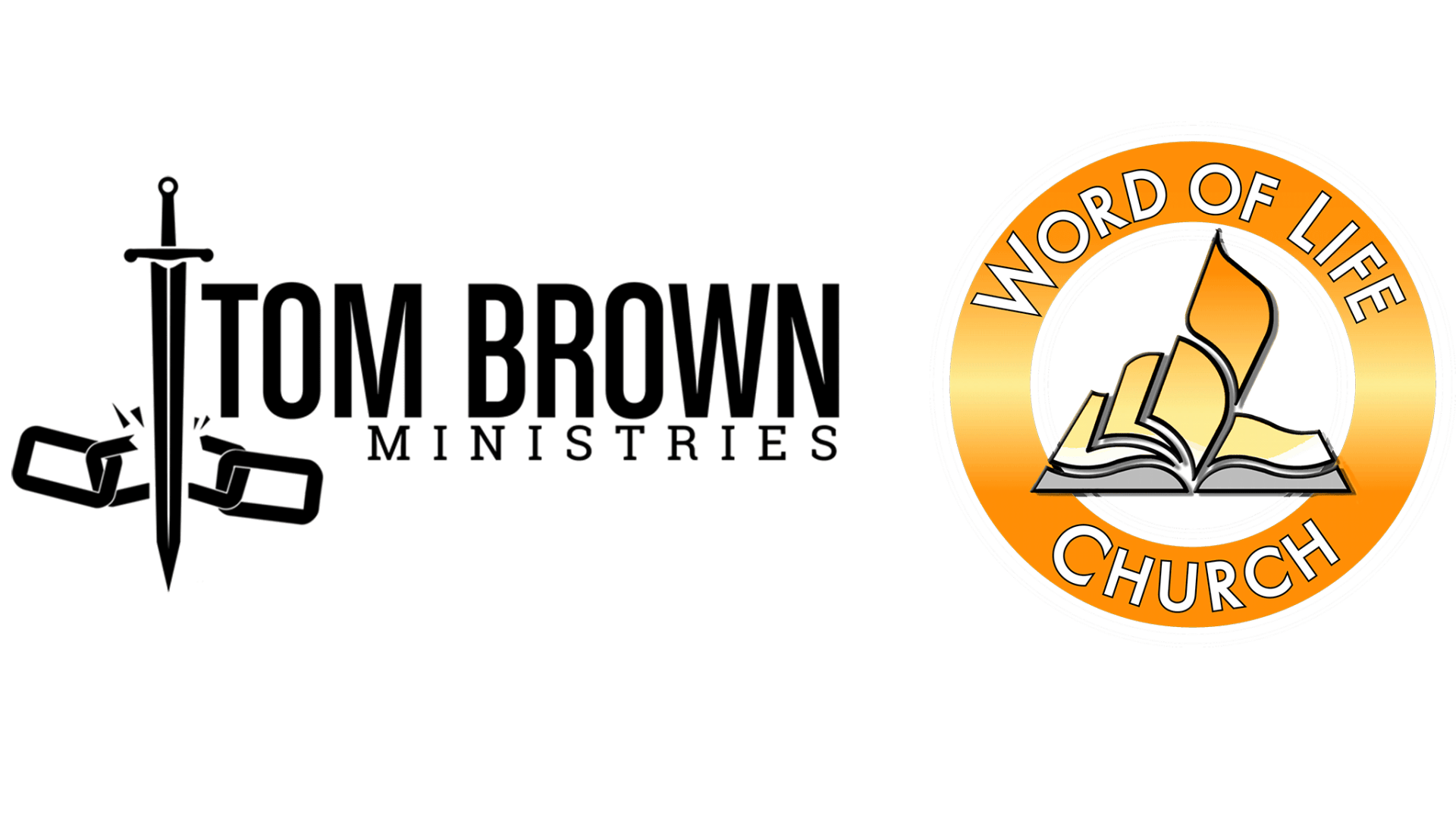Healing in the Atonement III
We now direct our attention to the New Testament. First let us look at the famous passage about the crucifixion of Christ.
Surely he hath borne our griefs, and carried our sorrows: yet we did esteem him stricken, smitten of God, and afflicted. But he was wounded for our transgressions, he was bruised for our iniquities: the chastisement of our peace was upon him; and with his stripes we are healed. (Isa 53:4-5, KJV)
The Amplified Bible translates the passage in Isaiah as follows:
Surely He has borne our griefs (sicknesses, weaknesses, and distresses) and carried our sorrows and pains [of punishment]…(Isa 53:4)
The Hebrew word for griefs is choliy. The word is interpreted "disease" and "sickness" in Dt 7:15; 28:61; 1 Ki 17:17; II Kings 1:2; 8:8; II Chron 16:12; 21:15. This word does not mean grief in the sense of emotional sadness. It means sickness, including physical sickness. It is used by Saint Matthew to refer to sickness.
This was to fulfill what was spoken through the prophet Isaiah: "He took up our infirmities and carried our diseases." (Matt 8:17)
The word sorrows is makob. It is rendered pain in Job 14:22; 33:19. Usually pain is associated with sickness. Matthew actually translates this word as diseases.
The point of this Greek study is to show that Jesus actually took our infirmities and diseases at the same time he was wounded for our transgressions, and was bruised for our iniquities. Physical infirmities were taken as well as spiritual sins.
Some have argued the words for borne and carried do not mean borne and carried in the same sense as atonement. However, Isaiah uses these same words in reference to sin. "He will bear their iniquities" (Isa 53:11). The word used is cabal, the same word used in borne our griefs. Isaiah also mentions, "For he bore the sin of many" (Isa 53:12). The word for bore is nasa, the same word in carried our sorrows. Isaiah uses exactly the same words for Christ who bore our sins as he does for He who bore our sicknesses. How did Jesus bear our iniquities if not in the atonement?
Isaiah chapter 53 is clearly a reference to the atonement of Christ, and healing is included in the cures, which Christ brings.
Did Jesus Take Our Infirmities?
A new argument I’ve heard against healing in the atonement comes from Hank Hanegraaff. He writes:
…the healing mentioned in Isaiah 53:4 was fulfilled during the healing ministry of Christ—before His atonement on the cross!—and consequently does not guarantee our healing today. (Christianity in Crisis, page 252, Emphasis in the original)
Hanegraaff assumes because Isaiah mentions the scripture in reference to the healing ministry of Christ that it has no reference to the atonement. He forgets that John the Baptist called Jesus the Lamb of God before Jesus was sacrificed. Does this mean Jesus was the Lamb during his earthly ministry?
Jesus is "the Lamb that was slain from the creation of the world" (Rev 13:8). Jesus is considered in God’s mind to have already been slain. If the atonement does not cover anyone born before the actual, historical crucifixion, then there is no salvation for anyone prior to the cross. Jesus’ atonement covers everyone who has ever been born.
One question to Hank, "If during Jesus earthly ministry He did not heal based on the atonement, then did He forgive sinners based on the atonement?" He told the paralytic, "Your sins are forgiven you." And then He said, "Rise and walk." Jesus forgave and healed. Under what basis did Jesus forgive and heal, if not on the atonement?
Besides, Matthew says, "He took up our infirmities and carried our diseases." Whose infirmities and diseases did he carry, "Ours" or "theirs"? He said OUR diseases. "Our" means all of us. If our does not mean us today, then who was Isaiah referring to when he said He was wounded for our transgressions, he was bruised for our iniquities? I would hope our includes us today.
Hank Hanegraaff is grabbing for straws to build his doctrine. A straw house will not stand.
Redeemed from the Curse
A wonderful faith-building scripture is Galatians 3:13:
Christ redeemed us from the curse of the law by becoming a curse for us, for it is written: "Cursed is everyone who is hung on a tree."
Many know Christ redeemed them from sin but few know He redeemed them from the curse of the law. Paul had in mind the curse uttered at the top of Mount Ebal. Several curses were included such as fever, inflammation, painful boils, sever and lingering illnesses, diseases of Egypt, and every kind of sickness not recorded in this Book of the Law. (see Deut 28)
Now if Christ redeemed you from the curses, then why should you continue to carry them? No reason you should. Stand against these curses based on your covenant right.
Read Deuteronomy chapter 28. You are redeemed from every curse mentioned. Praise God!
Hank Hanegraaff tries to wreck your faith again. Concerning the passage in Galatians 3:13 about Christ redeeming you from the curse of the law, he writes:
When Paul refers to being redeemed from the "curse" of the law, there is not even the slightest possibility that he is referring to the "curses" described in Deuteronomy 28. (IBID, page 251)
Is that right! Isn’t that interesting. According to Hank, Paul was not referring to even the "slightest possibility" of "the curses described in Deuteronomy 28." If that is true, then Hank will have a hard time explaining why Paul quoted from Deuteronomy 27 in this very passage.
All who rely on observing the law are under a curse, for it is written: "Cursed is everyone who does not continue to do everything written in the Book of the Law." (Gal 3:10)
Paul was quoting from the passage in Deuteronomy 27:26, which is the last verse before chapter 28. How could Hank absolutely know Paul was not referring to chapter 28 when in fact Paul quotes from those same passages of scripture? It’s clear Hank does not have the "slightest possibility" of knowing what Paul was referring to about the curse of the law.
Someone else might argue, "The curse of the Law is singular, not plural such as curses." That is right. The curse is the "pronouncement" of judgement for disobeying the law. With the pronouncement come the actual curses. If you are redeemed from the "curse" then you are redeemed from the "curses" of the law as well.
Why Are Some Still Sick?
People often ask me, "If it is true that Jesus took our infirmities, then why do some remain sick?"
I understand the difficulty people have with healing in the atonement. The assumption is that if Jesus took our infirmities then sickness should obviously disappear. Well, Jesus also "bore our sins in his body on the tree, so that we might die to sins and live for righteousness; by his wounds you have been healed" (1 Pet 2:24).
Jesus accomplished two important things on the cross: he bore our infirmities and also our sins. The purpose of Him bearing our sins is so that we might die to sins and live for righteousness. Does everyone in the body of Christ "live for righteousness"? We would hope so, but we know that not everyone lives out the beautiful deliverance our Lord purchased for us. The same is true of healing.
Healing is purchased along with salvation, but both need to be worked out in our lives. We don’t automatically walk in either one of them. We need to persevere by faith until both healing and righteousness is worked in us.
So to answer the question why some remain sick, I simply answer it the same way I answer salvation: we must believe and act out our faith. The answer will come!

